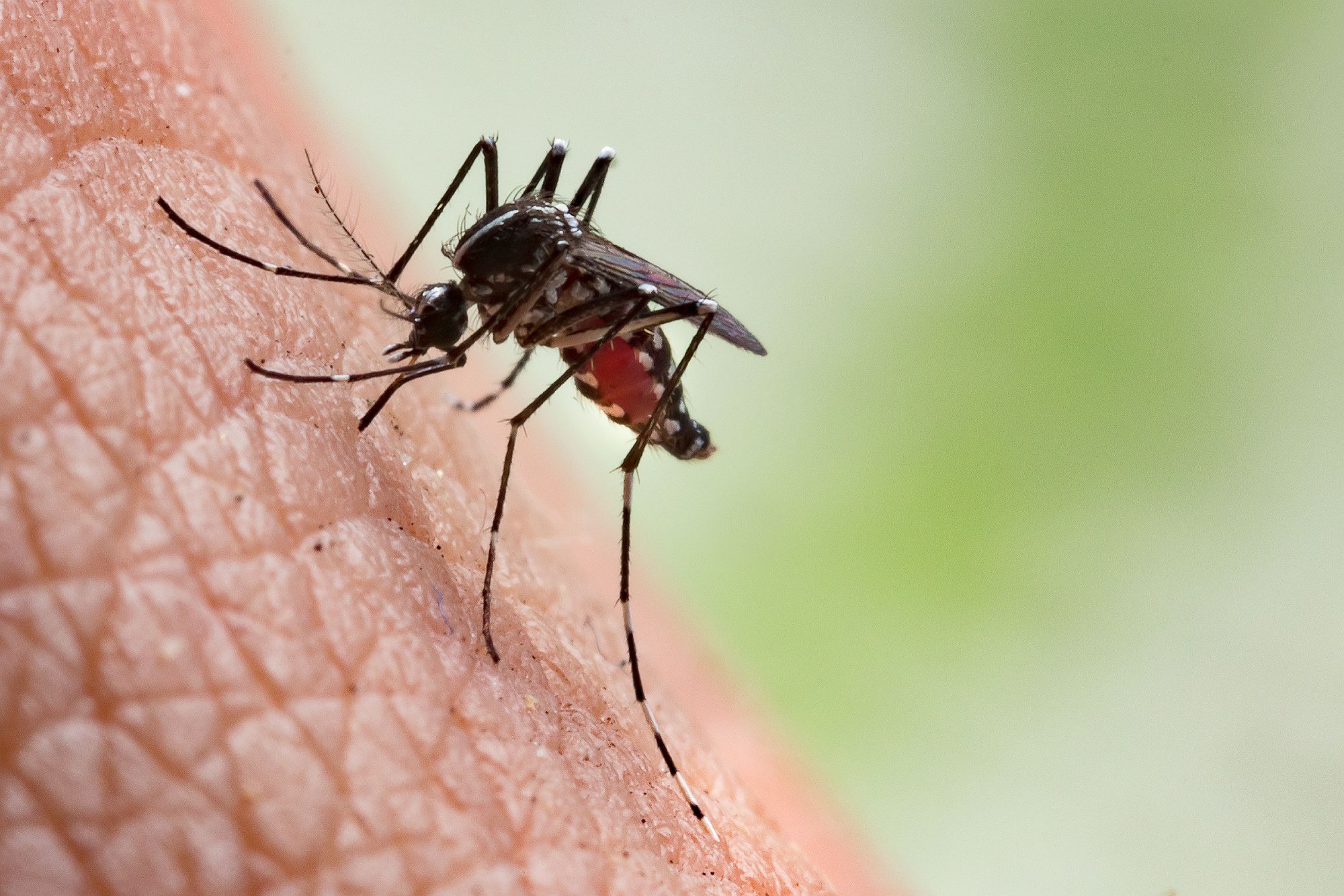by FABIAN SCHMIDT

An attempt to contain the populations of the yellow fever mosquito Aedes aegypti in Brazil may have failed. It appears that gene mutations have been transferred to the local population.
The British company Oxitec had released about 450,000 male mosquitoes every week in the city of Jacobina in the Bahia region with official permission over a period of 27 weeks. The experiment was designed to control the infectious diseases dengue, zika and yellow fever.
The gene modification called OX513A in the mosquitoes was designed in such a way that the first descendant generation of the mosquitoes, known as F1, would not reach the adult stage and thus not be able to reproduce.
The hope of the Ministry of Health was to reduce mosquito populations by 90 percent. And this worked well during the field trial. About 18 months after the end of the experiment, the mosquito population returned to what it had been before.
The gene modification of the released mosquitoes also produced a fluorescent protein that made it possible to distinguish the first F1 generation from other mosquitoes.
Researchers at Yale University have examined the mosquitoes found in the region for their genetic alterations one year after the release, as well as 27 to 30 months after the release.
They came to the conclusion that parts of the gene alteration had unexpectedly migrated into the target population of local mosquitoes.
Gene Modification Passed On
In the different samples, between 10 and 60 percent of the mosquitoes carried corresponding changes in the genome. The study was published in Nature: Scientific Reports on September 10.
Brazzil for more
